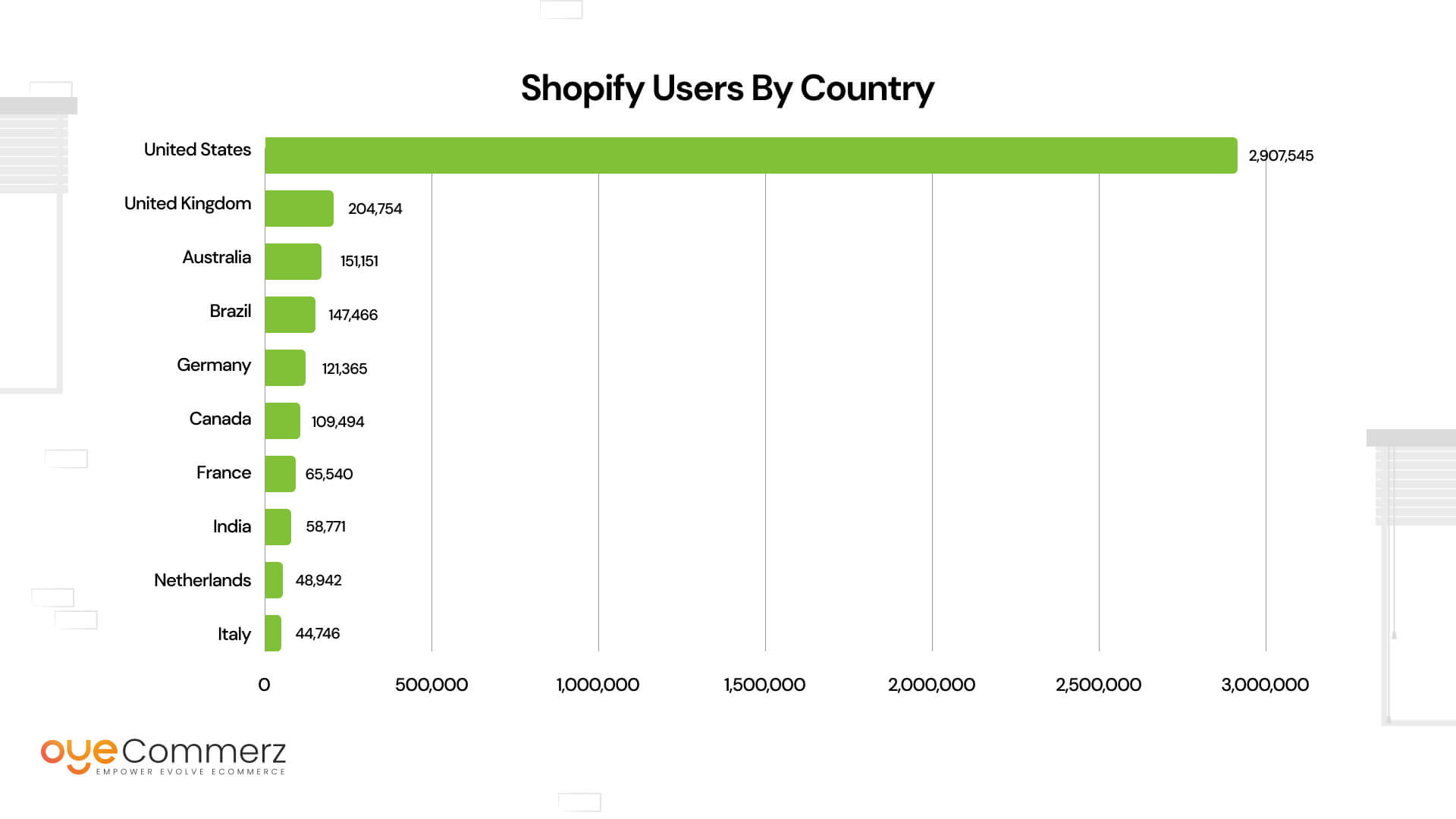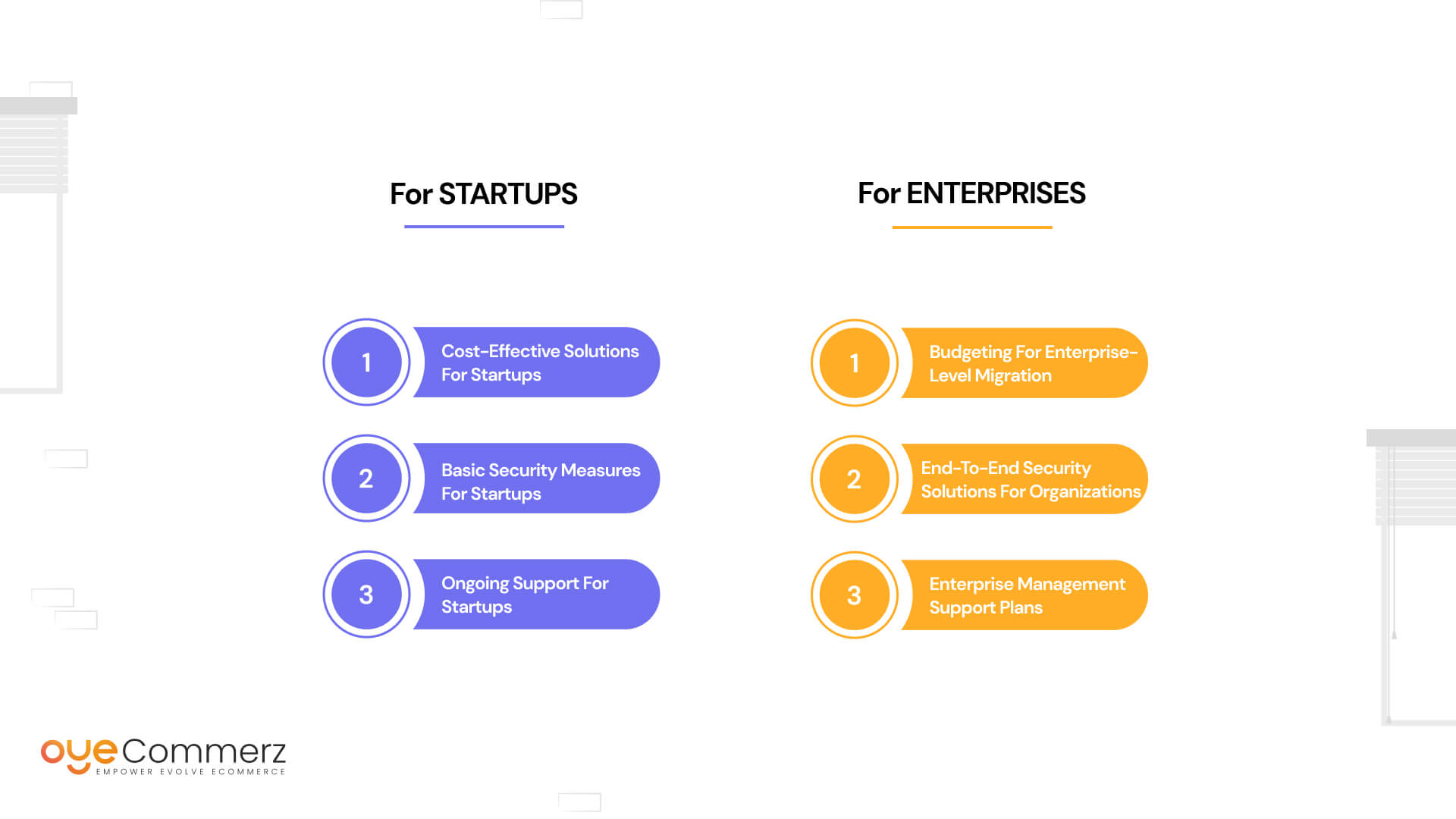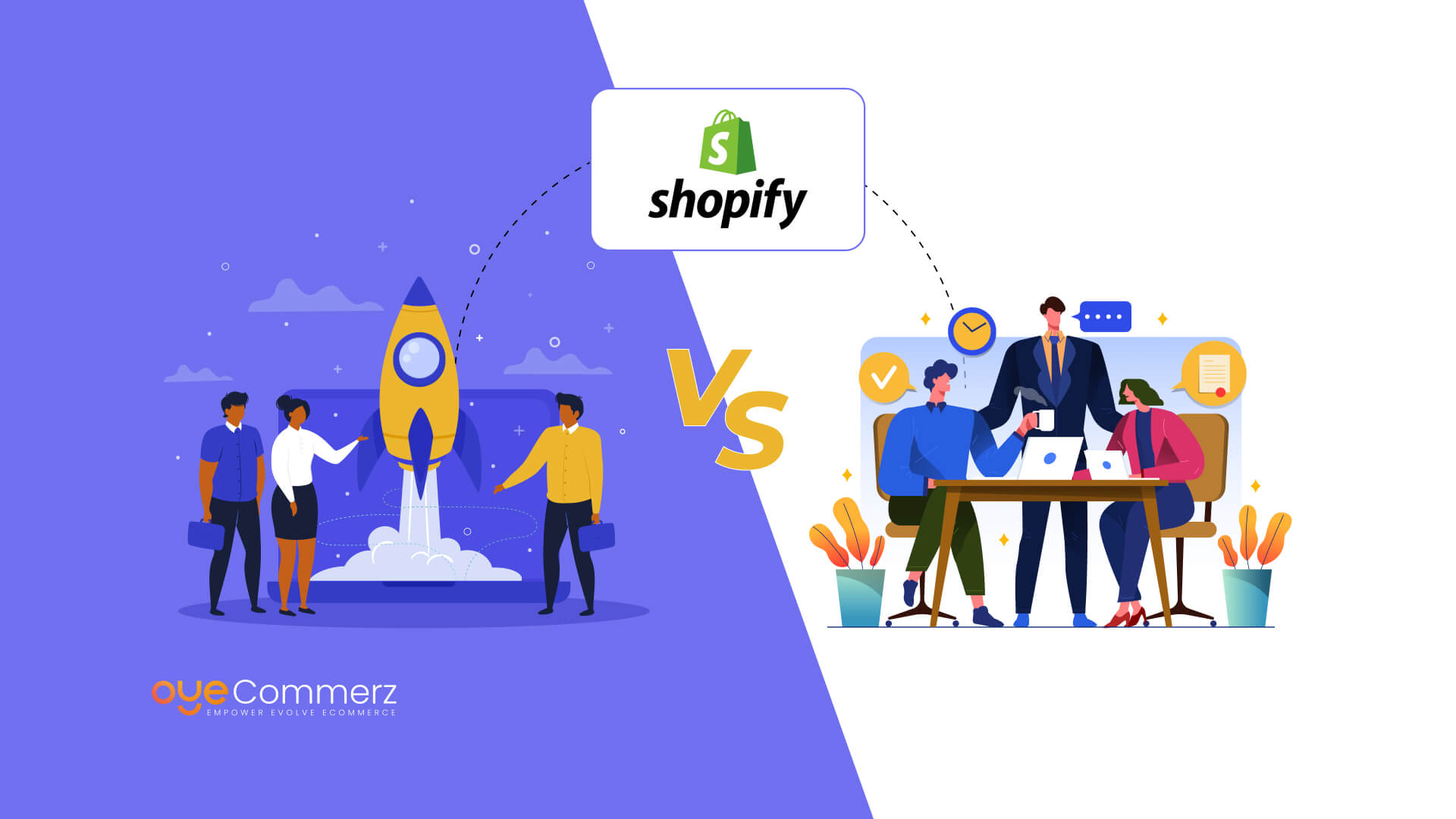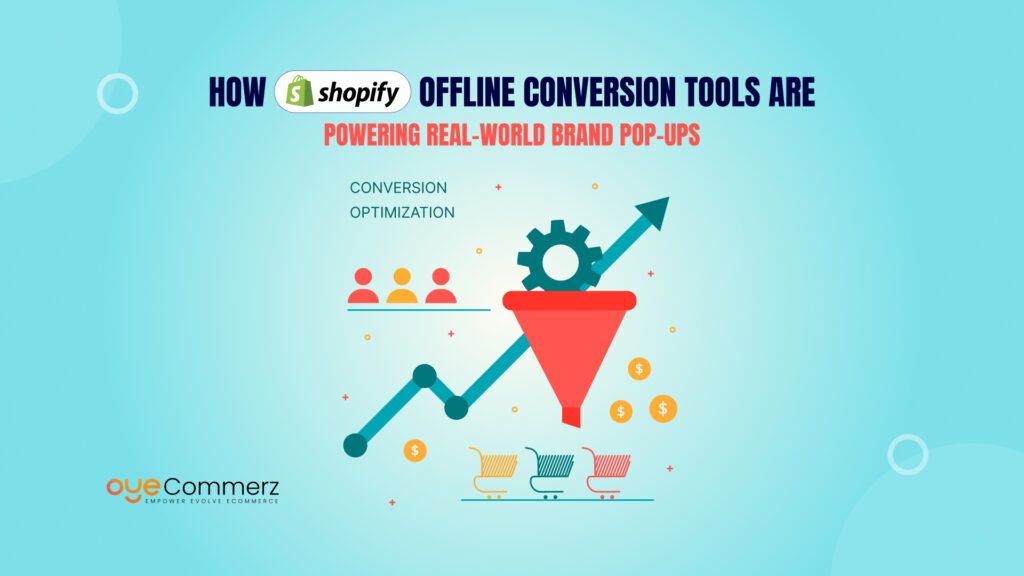Understanding the Scope of Migration
Migrating an eCommerce store to Shopify, known as Shopify Migration, is a significant decision that requires careful planning and execution. The process involves transferring data, redesigning the store, and ensuring that all functionalities work seamlessly on the new platform. While the core steps of migration remain the same, the approach can vary significantly based on the size and complexity of the business. In this blog, we will explore the key differences between migrating startup and an enterprise store to Shopify, highlighting the unique challenges and strategies required for each.
Importance of Tailoring Migration Strategies
A one-size-fits-all approach does not work when it comes to eCommerce migration. Startups and enterprises have distinct needs and face different challenges during the migration process. By tailoring the migration strategy to the specific requirements of the business, you can ensure a smoother transition and better outcomes. Understanding these differences is crucial for developing an effective migration plan that aligns with the business’s goals and resources.
Top Read: Common Challenges While Switching from BigCommerce to Shopify
Shopify User World Stats
Shopify boasts a vast global presence, having been utilized by over 7.3 million websites at various points, with more than 4.8 million currently active sites. Operating in over 175 countries, Shopify dominates the US market with 2.9 million websites, comprising 60% of its global stores. The UK follows with 200,000 sites, representing 4.26% of Shopify’s total. Apparel stands out as the leading product category, featuring in nearly a quarter of all Shopify stores. In 2022, Shopify facilitated over $500 billion in GMV, with typical stores generating between $104,000 and $235,000 annually. During the 2023 Black Friday Cyber Monday weekend, Shopify merchants globally drove $9.3 billion in sales, marking a 24% increase from the previous year.

Understanding Business Needs
Defining Startup Needs
They contrast mostly because startups are young businesses that work with fewer resources and are not adequately known to the customer. The major concentration is on expansion and setting a competitive market foothold. Key needs for startups during migration include:
- Affordability: Entrepreneurship remains a significant aspect of many businesses, particularly start-ups that may be characterized by limited capital.
- Speed: The tactic of expeditious implementation is favorable to reduce time loss and to gain strategic positions in the marketplace.
- Scalability: It should be scalable so that when the organization expands its migration process, little changes will be made.
- User-Friendly Interface: A clear admin panel and product functionality are vital for startups that may have a limited number of employees.
Understanding Enterprise Requirements
Companies, in turn, deal with more elaborate processes and tens if not hundreds of thousands of consumers and millions of records. Their migration needs are more intricate and include:
- Robust Infrastructure: Business entities need to have a reliable and efficient system for dealing with large amounts of traffic and transactions.
- Advanced Features: Everyday tasks should be supported by such superior processes as analytics, customizable business processes, and compatibility with other systems.
- Data Security: Confidential information relating to customers and business affairs is a valuable asset that must be safeguarded; hence the need for strict security measures.
- Regulatory Compliance: Original enterprises have to follow certain rules and regulations of the industry, which makes the migration process even more challenging.
Data Management and Integration
Difficulties in Migrating Data for Startups
In the case of startups, the data to migrate always includes product details, customers’ information, and the simplest order history. The challenges they face include: The challenges they face include:
- Data Accuracy: Correct transfer of data from one form to another, including the prevention of loss or data degradation.
- Minimal Downtime: Minimizing time that is not spent on business due to unfavorable conditions for working.
- Resource Constraints: Lack of technical skills and resources brings some extra difficulties for the migration process.
Simple Integrations for Startups
One may find that startups do not employ many organizational systems and, therefore, have less complex integration requirements. Key considerations include:
- Basic Plugins: The integration of fundamental features like payment options and email advertising through relying on Shopify’s assortment of plugins.
- Ease of Use: Making sure that the integrations do not present a challenging setup and management problems to everyday users not acquainted with development.
- Cost-Effectiveness: The right choices of integrations with the necessary functionalities are implemented and affordable for the budget.
Handling Large Data Sets for Enterprises
Companies work with large volumes of information such as clients’ comprehensive databases, numerous orders, and intricate product lists. Key challenges include:
- Data Volume: Moving bulk data without coming up with the issue of pulling down the generality of the existing systems.
- Data Integrity: Preserving the integrity of information as it is transferred from one system to another.
- Compliance: Compliance with data protection laws and ensuring that there are records of activities carried out.
Large Systems Integration for Business Organizations
The business functions in enterprises apply numerous systems that may be differently integrated. Key aspects include:
- Custom Integrations: Constructing applications specifically tailored to integrating Shopify with ERP systems, CRMs, and any other enterprise application.
- APIs: Taking advantage of the available APIs in Shopify to merge different system data flows.
- Performance: This is to avoid compromising some of its aspects such as performance and reliability to other services or applications that may be integrated with it.
Budget, Security & Post-Migration Support

FOR STARTUPS:
Cost-Effective Solutions for Startups
The crucial task that a startup is facing is the necessity to keep the value adjective low while making a successful migration. Strategies include:
- DIY Migration: Migrating to Shopify within the organization by utilizing the company’s migration tools and materials offered by Shopify.
- Affordable Services: Visit Affordable Migration Services or Freelancers Having Experience in Shopify Migration.
- Prioritizing Needs: Prioritization of key features and avoiding implementing some parts and additional options for the next updates.
Basic Security Measures for Startups
In this case, it is revealed that startups must enforce fundamental security protocols to safeguard information and clients. Key practices include:
- SSL Certificates: Confirm that the store has adopted the SSL certificates for encrypting the data and safeguarding the customer details.
- Regular Backups: Ensuring that proper backup procedures are implemented including periods for the backup to be done.
- Secure Passwords: To safeguard the admin accounts, they need to ensure that the passwords set are reliable and very hard to compromise.
Ongoing Support for Startups
This means that startups will require constant assistance to solve matters as well as enhance their store after migration. Key support services include:
- Basic Support Plans: Using Shopify standard help options, including the paid help packages in certain circumstances.
- Community Resources: Communication with the Shopify community and forums to look for the answers and discuss improvements.
- Training: Incorporating procedures that shall be used to train the staff on how to manage as well as use the new platform.
FOR ENTERPRISES:
Budgeting for Enterprise-Level Migration
Many enterprises require large amounts to be set aside for migration due to the complexity of their requirements. Key considerations include:
- Comprehensive Planning: Thorough work scheduling to give proper cost estimates and resource utilization.
- Specialized Services: Company’s past performance record of selected migration agencies or experts with experience in migration of large organizations.
- Contingency Funds: Creating a reserve to compete with the expenses that can emerge in the process of migration and other unforeseen requirements.
End-to-End Security Solutions for Organizations
Business organizations need to have mechanisms for protecting information and meeting legal requirements. Key measures include:
- Encryption: This includes the use of the reinforcement of the end-to-end encryption method for data protection both in transit and storage.
- Access Controls: Implementing use control through role-based access controls to ensure only authorized staff get to access the restricted data and functions.
- Security Audits: Security audits should be carried out regularly to ensure that weak points are forwarded and addressed.
Enterprise Management Support Plans
Here, it is suggested that enterprises need more comprehensive support solutions for preserving a store’s functionality and protection. Key elements include:
- Dedicated Account Managers: Mentioning a personal account manager as an option that is going to be offered to clients.
- Priority Support: Availability of a special priority support system to increase the speed of problem-solving.
- Continuous Optimization: Ongoing processes of tuning the store for its availability, convenience for buyers, and for getting the highest possible sales.
Build The Best Shopify Platform for Your Business with OyeCommerz!
Shopify offers a user-friendly interface, robust security, and an extensive app ecosystem, making it the ideal platform for businesses of all sizes. Our experienced team ensures a seamless transition with tailored solutions that minimize downtime and maximize your store’s performance. Easily manage your store, track sales, and integrate with various tools to enhance your operations. Choose OyeCommerz as your Shopify Migration Expert to unlock the full potential of Shopify and elevate your business. Contact us today for a smooth, expert-led migration!
Know More: Shopify vs. BigCommerce – Which Platform Suits Your Business?
Contact to Migrate your Site to Shopify Now
Conclusion
The switch to Shopify is a rather tough and intricate process regarding which one has to keep quite a lot of aspects in mind. Therefore, it is clear that start-ups and enterprises are in different categories of business, requiring different migration solutions. The solutions have to be cost-efficient and should be easily implementable and expandable as the startups grow. Whereas, enterprises have strict migration demands in terms of being real, safe, and adherent to their industry, handling large datasets, and integration. Knowledge of these differences thus allows the migration to Shopify to be seamless marking the ground for subsequent success within the business.



